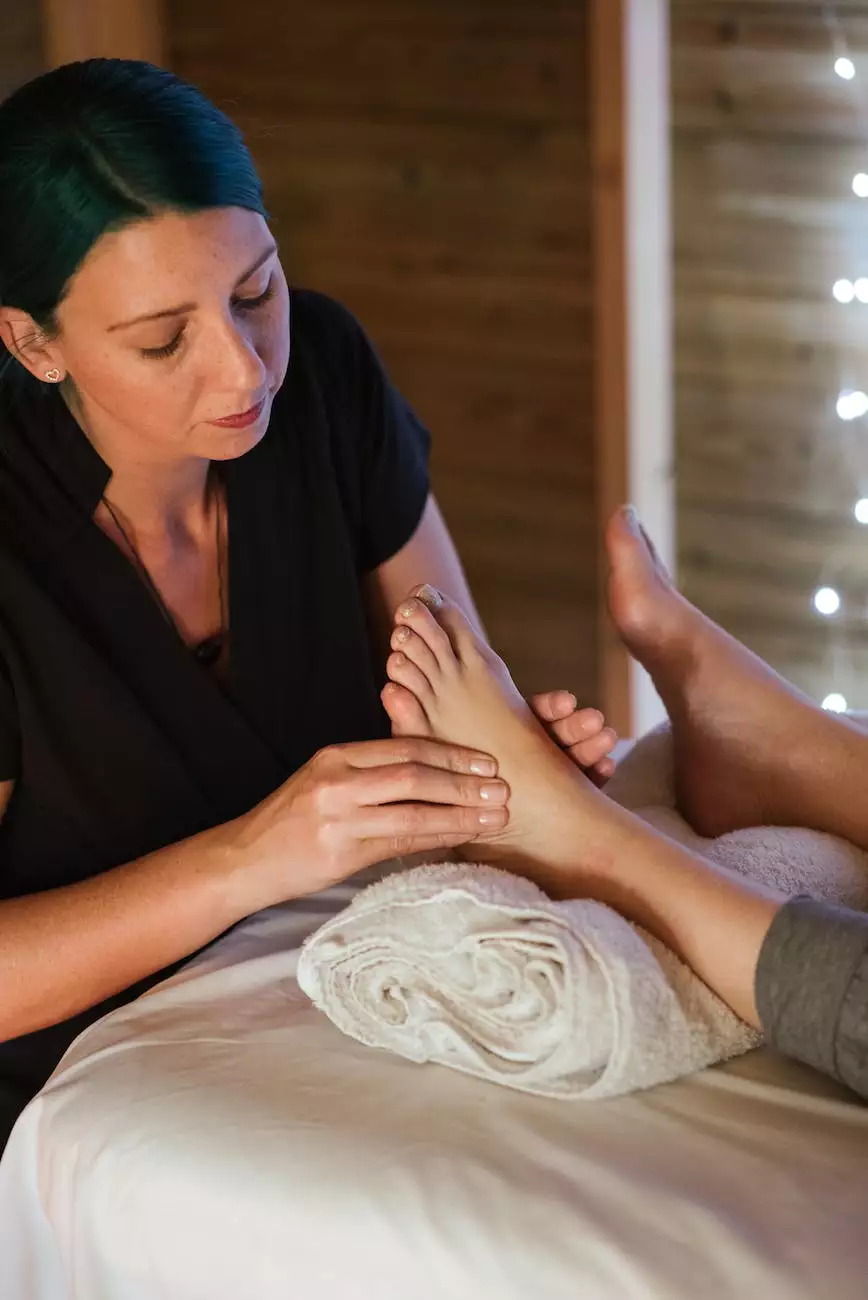6 Tips for Reducing your Anxiety Now

Introduction
Welcome to Alison K Bowles, Ma, Lmhc's comprehensive guide on reducing anxiety. In this article, you will find 6 actionable tips to help you effectively manage and decrease your anxiety levels. Alison K Bowles is a renowned Licensed Mental Health Counselor with years of experience in assisting individuals in their journey towards improved mental well-being and inner peace.
1. Understand the Nature of Anxiety
Before delving into the specific tips, it's essential to grasp the fundamental nature of anxiety. Anxiety is a natural response triggered by various stressors in life. It can manifest as excessive worry, fear, or restlessness, often interfering with daily activities and overall happiness. Acknowledging that anxiety is a common and treatable condition is the first step to overcoming it.
2. Practice Deep Breathing and Relaxation Techniques
One effective technique for alleviating anxiety symptoms is deep breathing. By taking slow, deep breaths, you activate your body's relaxation response, thereby calming your mind and reducing anxiety. Additionally, incorporating relaxation techniques such as progressive muscle relaxation or guided imagery can promote a greater sense of tranquility and well-being.
3. Engage in Regular Physical Exercise
Exercise is not only beneficial for your physical health but also plays a crucial role in reducing anxiety. Engaging in regular physical activity releases endorphins, which act as natural mood regulators, relieving stress and anxiety. Find an exercise routine that suits your preferences, whether it's jogging, yoga, or swimming, and commit to incorporating it into your daily or weekly routine.
4. Prioritize Self-Care and Healthy Lifestyle Habits
Your overall well-being greatly influences your ability to manage anxiety. Practice self-care by nourishing your body with a balanced diet, ensuring adequate sleep, and avoiding excessive consumption of alcohol and caffeine. Establishing a consistent sleep routine, incorporating mindful eating habits, and reducing stimulants can significantly contribute to reducing anxiety levels.
5. Seek Support from a Professional
While self-help strategies can be beneficial, seeking support from a licensed mental health professional is crucial for individuals experiencing persistent or severe anxiety. Alison K Bowles, Ma, Lmhc, offers expert guidance and therapy to individuals struggling with anxiety. Professional help can provide valuable insights, coping mechanisms, and strategies tailored to your specific needs to help you navigate your anxiety effectively.
6. Implement Stress Management Techniques
Stress management techniques can empower you to cope with anxiety triggers effectively. Engaging in activities such as mindfulness meditation, journaling, practicing gratitude, listening to calming music, or engaging in hobbies can reduce stress levels and cultivate a sense of calm. Experiment with different techniques and identify what works best for you.
Conclusion
In conclusion, reducing and managing anxiety is a journey that requires dedication, self-reflection, and a commitment to self-care. By implementing these 6 tips from Alison K Bowles, Ma, Lmhc, you can take proactive steps towards improving your mental well-being and achieving a greater sense of peace and balance in your life. Remember that professional support is always available to guide you through this process, and with the right strategies and mindset, you can overcome anxiety and lead a fulfilling life.









